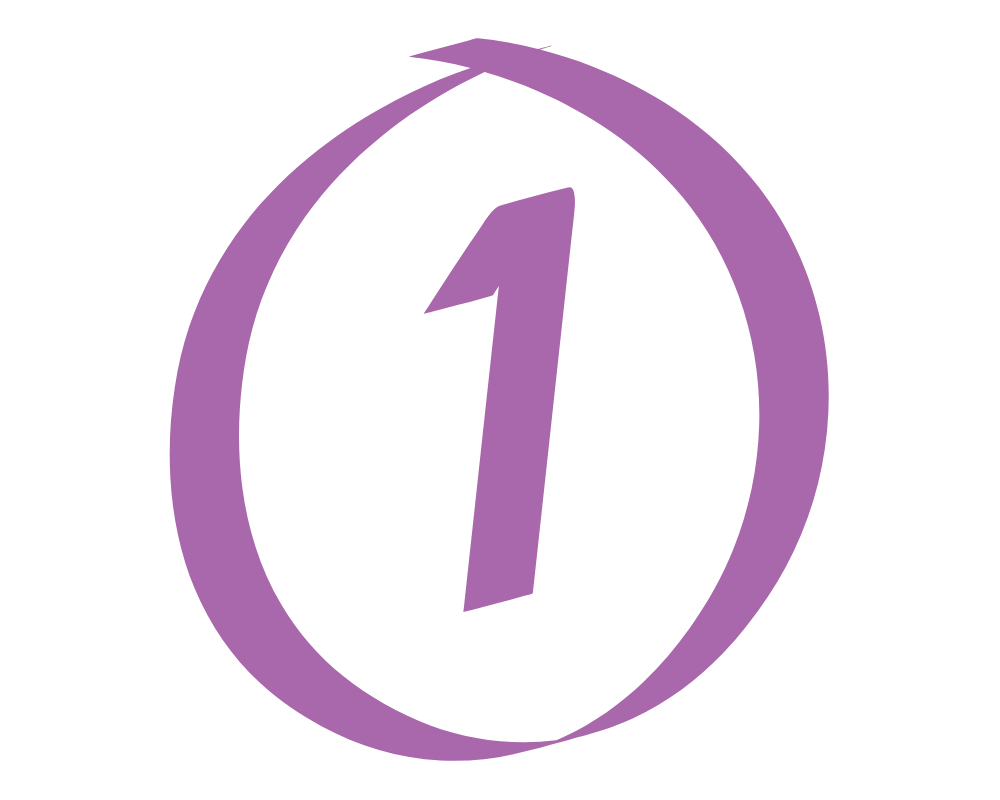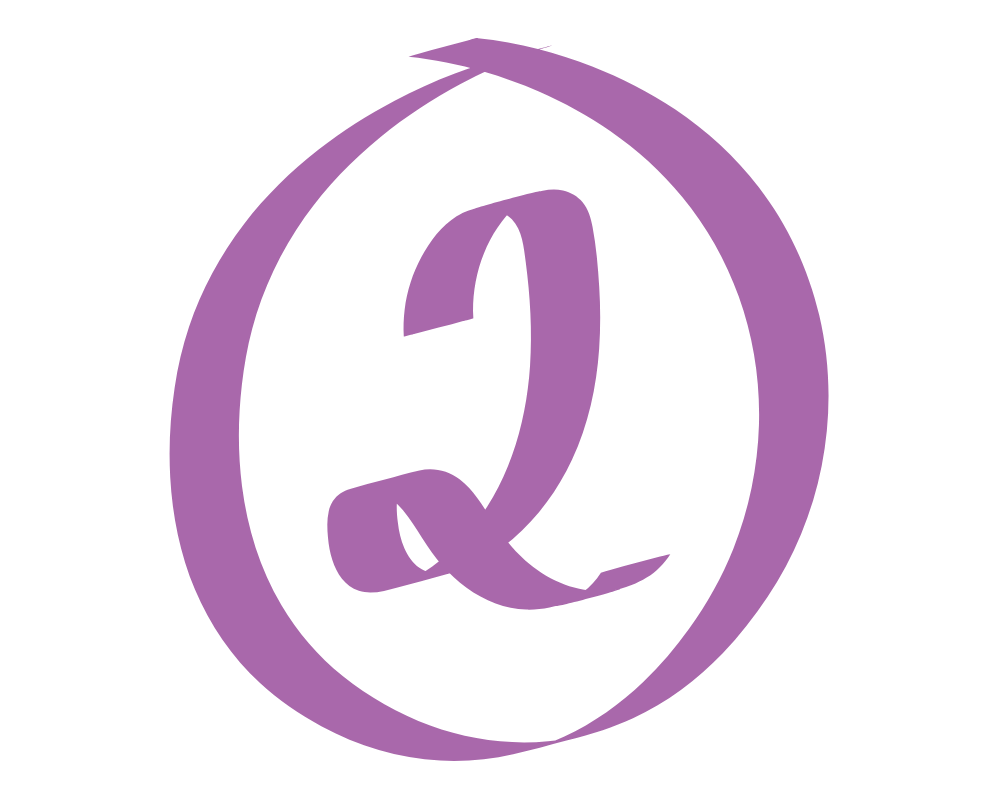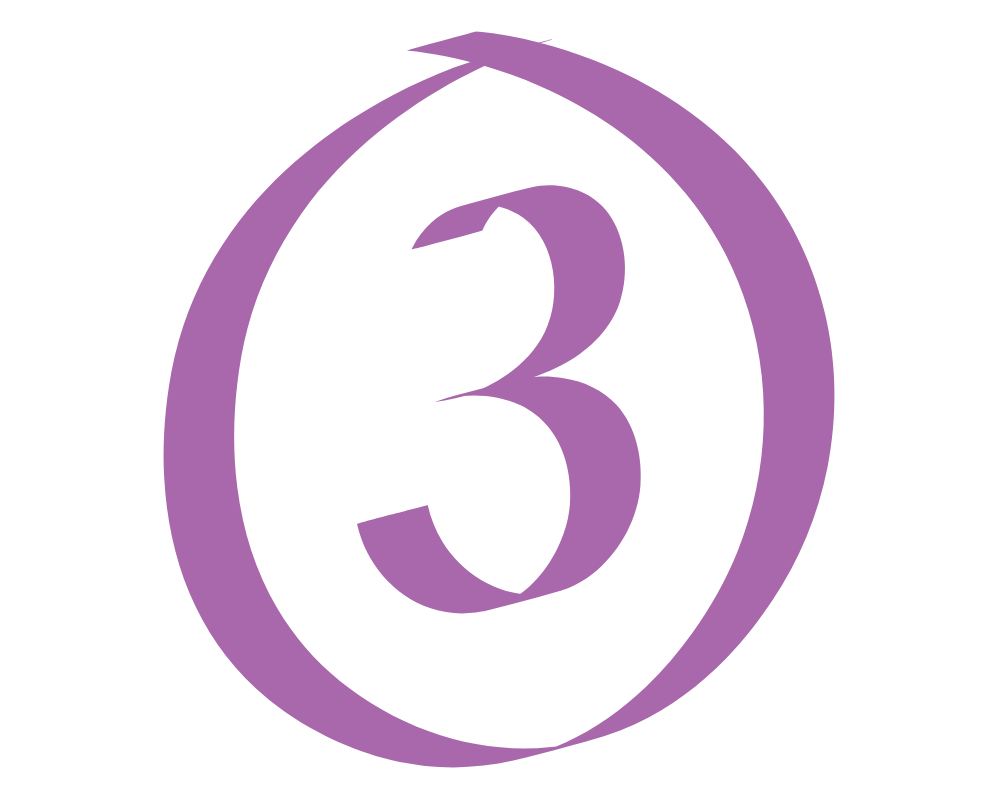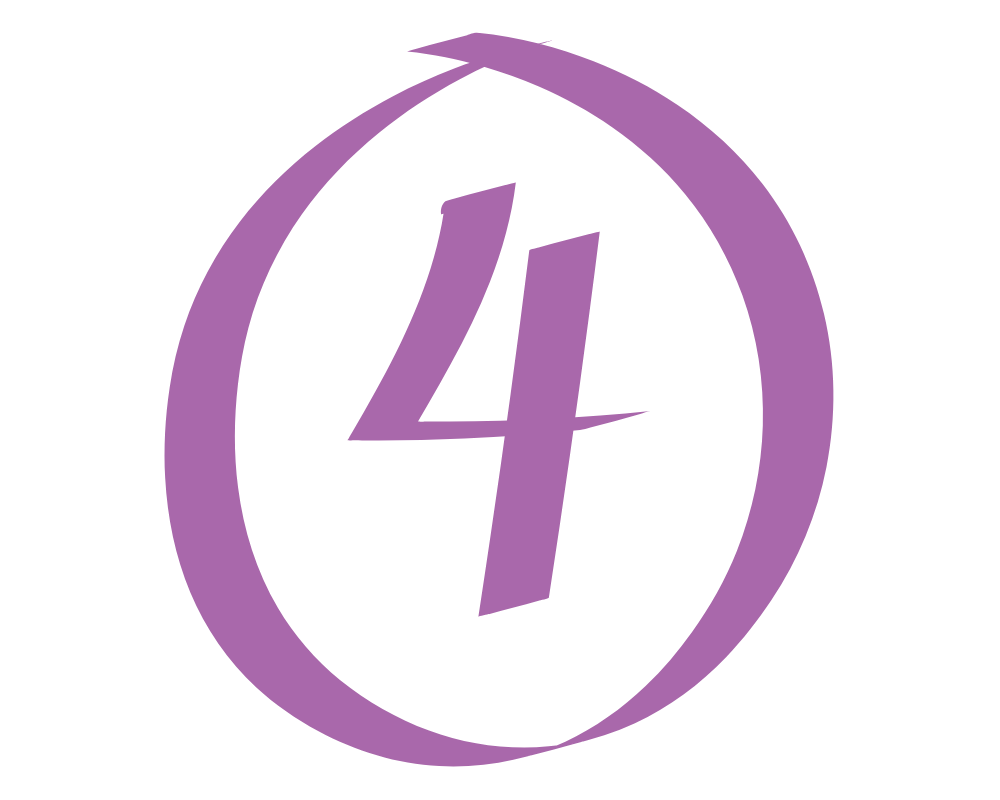What is the dividing line between feeling sad and depressed? Sometimes it is difficult to differentiate normal sadness from clinical depression. As you will see in this article, the latter is much more severe and prolonged. Symptoms of depression affect not only your mind but also your body.
Regardless of the cause, great depression features changes in brain chemistry. The neurons and their connections are altered, and antidepressants regulate these alterations. But besides medical treatment, there are additional ways to speed up your recovery.
After reading this piece, you will have an additional tool in your arsenal. Besides psychotherapy and lifestyle changes, you can also consider TMS therapy. It stands for transcranial magnetic stimulation, and it is a revolutionary therapy for major depressive disorder.
What is major depressive disorder, and how is it different from normal sadness?
According to the National Institute of Mental Health, depression is a common and severe mood disorder. It not only affects how you feel. It also changes how you handle daily activities, sleep, think, and work. It has both physical and mental health consequences.
Some types of depression have distinctive features. For instance:


It features persistent depression symptoms for two years or more. These patients may experience major depression (great depression) episodes. These are followed by persistent but less severe depression symptoms.

In this case, it is triggered by giving birth. It starts after delivery or during pregnancy and features anxiety, sadness, and constant exhaustion.

This is a different condition in textbooks. Bipolar depression has cycles of depression symptoms followed by manic episodes.

As the name implies, it happens in response to seasonal changes.

It is a type of clinical depression featuring delusions, hallucinations, and other forms of psychosis.

Symptoms of depression range between mild and very severe. They include some of these symptoms for two weeks or more:
TMS is short for transcranial magnetic stimulation. It is a treatment that doesn’t require cuts or needles. It changes the activity of the brain by sending signals through the scalp. It stimulates the brain and helps neurons make new connections. This is how TMS treatment improves the symptoms of anxiety.
TMS therapy for anxiety is considered a coadjuvant treatment. In other words, you’re not meant to leave the medical treatment or replace it. You’re also encouraged to continue visiting your therapist as you usually do.
There is an interesting fact about TMS therapy for anxiety. It works in patients who did not find relief with medication. So, adding TMS may help if your symptoms do not improve after only receiving medications.
TMS therapy for depression has sufficient evidence nowadays. It has been approved by the FDA as a treatment for major depressive disorder (great depression). After treating clinical depression with TMS, many patients experience a reduction in their symptoms. It also relieves anxiety, which typically worsens the condition.
Interestingly, hormonal levels of cortisol reduce after receiving TMS treatment. This is the stress hormone and increases during anxiety and depression. Remission of symptoms happens in 30 to 40% of cases. Studies show that TMS can have a similar effect to that of antidepressants. But it has fewer side effects.
TMS therapy for depression is an approved treatment by the FDA. It is used in clinical depression, postpartum depression, and other variants. TMS works by modulating brain function and is known to reduce depressive symptoms.
As such, transcranial magnetic stimulation can speed up the recovery or prevent future episodes. However, we recommend talking to your doctor before receiving TMS therapy. This method does not have notable side effects, but it is not meant to replace your current management of depression symptoms unless clearly stated by your doctor.
“If, while waiting for your appointment to be seen by a psychiatrist or Qualified Mental Health Professional, your situation deteriorates or you experience thoughts of harming yourself or others, please call 911 or proceed to the nearest emergency room immediately. You may also call the suicide hotline at 800-273-8255.
*** For any medical procedures, patients respond to treatment differently, hence each patients’ results may vary.
****Information on this site is not intended or implied to be a substitute for professional medical advice or treatment. All content contained on or available through this site is for general information purposes only.
*****By using this website and sending us your information you are giving us permission to contact you by electronic and non–electronic means. We also track the conversions and collect user data to improve marketing.
******If you are vision-impaired or have some other impairment covered by the Americans with Disabilities Act or a similar law, and you wish to discuss potential accommodations related to using this website, please contact us.
We specialize in treating moderate to severe depression for all ages with Transcranial Magnetic Stimulation (TMS therapy). TMS is the most advanced FDA-approved depression treatment.
